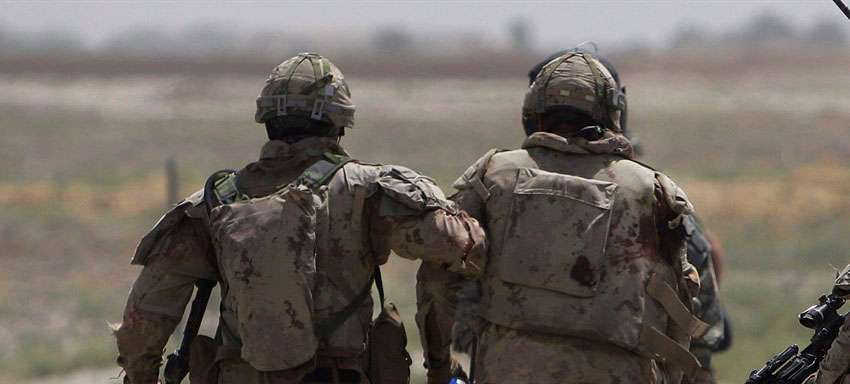Is Sadness a Sickness?
Grief often occurs in waves, and although the loss is permanent, signs of grief normally decrease over time. However, the severity and enduring intensity of grief someone experiences may disturb their ability to function. The presence of existing anxiety, depression, post-traumatic stress injuries, or suffering traumatic losses can also intensify experiences of grief and may be predictors of clinically significant grief.

Traumatic Loss and Clinically Significant Grief
First Responders often face a greater risk of exposure to traumatic losses, which are normally associated with sudden, violent, and unpredictable deaths that may even involve multiple people. Among the most significant is death on duty or suicide. It is not unusual to avoid addressing the painful reactions of loss or experience paralyzing guilt. However, this will only make adjusting to our loss more difficult and could result in the adoption of harmful coping mechanisms.
–It is not unusual to avoid addressing the painful reactions of loss or experience paralyzing guilt.
Recovery following traumatic loss is often much slower but may also further increase symptom severity in existing operational stress injuries (OSI). This can not only compound difficulties associated with service and compromise unit readiness but have harmful impacts on protective relationships in and outside of your unit.
Irretrievable Loss
Loss involves layers of other losses associated with the normalcy death violates.
Death is a series of biological events. Loss involves layers of other losses associated with the normalcy death violates. The abstract pain we feel from loss is as real as any pain from physical injuries. It has an influence on our body at the biological level, just as it does on our mind, spirit, and social relationships.
Traumatic losses may involve moral injuries that could undermine the ideals of service. Losses from someone in your crew, fire team, or squad resulting from poor leadership, for example, may result in feelings of embitterment and growing detachment. If we begin to lose a sense of community, we may begin withdrawing from where we once found belonging and meaning. The unfortunate outcome of this may be time spent away from family and friends, lack of self-care, disinterest in the pursuit of even very modest ambitions, and self-defeating behaviours, such as addiction.
Trust and the Potential For Recovery
Having protective, cohesive relationships builds confidence because it reduces fear by developing trust and comprises our potential for recovery.
Having protective, cohesive relationships builds confidence because it reduces fear by developing trust and comprises our potential for recovery. If losses you suffered become an integral part of your identity, distorted and destructive thought patterns that seem constantly to intrude into consciousness may prevent recovery and increase your vulnerability to other stressors, particularly if future losses occur. Is there a protective relationship you have been neglecting? How could you reach out to them today?
We are a multidisciplinary team who serves the therapeutic needs of First Responders, Veterans and their families. Contact us to set up an appointment or a Free 15-min discovery call.